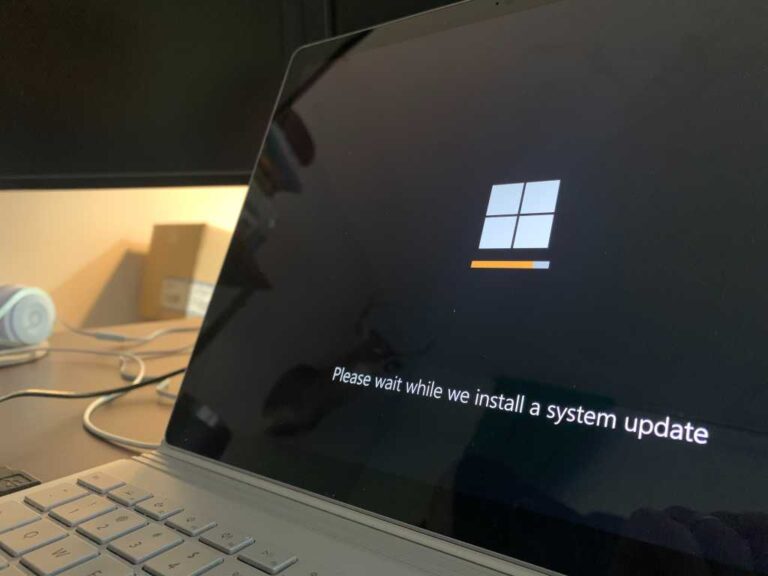Matt Mullenweg: WordPress developer hours cutback may or may not slow innovation

Automattic CEO Matt Mullenweg said his decision to reduce his team’s weekly hours working on WordPress by 99% , from 4,000 hours to 45 hours, was designed to pressure WP Engine to drop its lawsuit against Mullenweg and Automattic
“They don’t actually make WordPress. They just resell it,” Mullenweg told Computerworld Friday evening. “If what they are reselling is no longer getting all of the free updates, they have less stuff to sell.”
“It doesn’t make sense for Automattic to pay people to work on all of these things,” he said. “We are under attack and we are circling the wagons. Our number one goal is for WP Engine to drop their expensive lawsuits against me and Automattic.”
WP Engine was asked for comment, but did not respond.
Asked whether the move would also hurt users of WordPress, which is behind about 60% of the world’s web sites, Mullenweg said that he didn’t think it would.
“WordPress is great software. It doesn’t change anything that WordPress already does,” Mullenweg said. “How does this affect the timeline? For new stuff, it might slow it down, it might not. It depends on who shows up and commits code. In terms of new functionality, the scope will be smaller.”
He added, “I love WordPress and will continue to put in hours, nights, and weekends to help however possible.”
Mullenweg also stressed that the 45 hours his team will continue to work on WordPress will make sure that security updates/patches are maintained.
“Security is never going to be an issue. We will always maintain security,” he said. “No one would ever stop a security update.”
Automattic controls WordPress.com, while the project site, WordPress.org, is controlled solely by Mullenweg.
The cutback in hours had been considered last month when Automattic announced a holiday shutdown of some WordPress services and Mullenweg later said that the shutdown might last all of 2025. Instead, Automattic management opted to implement this severe development hours cutback.
On Thursday, Automattic announced, “we’ve observed an imbalance in how contributions to WordPress are distributed across the ecosystem, and it’s time to address this. Additionally, we’re having to spend significant time and money to defend ourselves against the legal attacks started by WP Engine and funded by Silver Lake, a large private equity firm.”
“Automatticians who contributed to core will instead focus on for-profit projects within Automattic, such as WordPress.com, Pressable, WPVIP, Jetpack, and WooCommerce,” the statement said. “As part of this reset, Automattic will match its volunteering pledge to those made by WP Engine and other players in the ecosystem, or about 45 hours a week that qualify under the Five For the Future program as benefitting the entire community and not just a single company. These hours will likely go towards security and critical updates.”
The implication is that the labor reallocations would be reversed were WP Engine to drop its lawsuit. Mullenweg said recent changes that WP Engine has made has altered his demands. He is no longer asking for money, for example.
His original demand had been for payment; in late October, Mullenweg said WP Engine “could have avoided all of this for $32 million. This should have been very easy,” and he then accused WP Engine of having engaged in “18 months of gaslighting” and said, “that’s why I got so crazy.”
But on Friday, Mullenweg said he is no longer seeking money because WP Engine made extensive changes to its web site and is no longer violating Automattic trademarks, which was apparently what the payment was for.
“They have stopped violating the trademark. They have cleaned up,” Mullenweg said. “To use someone else’s trademark, you typically license it. For more than 18 months, we were trying to do a deal there. They obviously never did one. I realized that they were just stringing me along.”
Analysts and members of the WordPress user community, who made their comments to Computerworld prior to Mullenweg’s interview, were mixed. Some said they were worried that these latest WordPress changes might exacerbate enterprise IT worries about sticking with WordPress.
“This is a massive number of hours that they are planning on cutting back. The community is not likely to make up those hours. They are going to direct their resources to a legal battle and the platform will not be stable,” said Melody Brue, VP/principal analyst at Moor Insights & Strategy. “Users have to plan for the likelihood that they cannot take up the slack. WordPress users are already panicking. They can’t trust him now. They will turn off automatic [WordPress] updates.”
Brue said that Mullenweg’s tactics have yet to work.
“This has become a spiteful game that he is playing. Part of his whole game is that he makes these big tantrums and threats to get attention,” Brue said. “So far, that hasn’t worked.”
Michelle Rosen, an IDC research manager, said that she was not sure whether this move would ultimately hurt WordPress.
“Automattic has been the largest contributor to WordPress by far, so this decision has to hurt the project’s ability to evolve and improve,” Rosen said. “That said, WordPress has been around for a long time and many users rely on it only as the core of their CMS solution, with other components built on top. In this context, the impact may be lower, especially if Automattic continues to handle security issues.”
Users’ reactions were also mixed.
Jack Prenter, the CEO at WordPress site Dollarwise, said he was somewhat concerned.
“There is a general loss of confidence. I don’t know if there’s a lot you can do. That’s why the situation is so painful,” Prenter said. “There is such a large ecosystem built around it that people are not going to let it fall apart. It can technically continue to function, but you can cancel all of the future roadmap. Nothing new is going to happen.”
Another WordPress user, Ben May, managing director of The Code Co in Australia, is less concerned. “I suspect this latest statement is ratcheting up the WPE campaign, I guess in an effort to change the hearts and minds of people sympathetic to WPE. I don’t see it as an existential threat to WordPress and am not losing any sleep over it for the time being,” May said. “From what I’ve seen online already, the community is big enough and willing enough to step in and fill in the gaps that would be left with the reduced contributions.”







